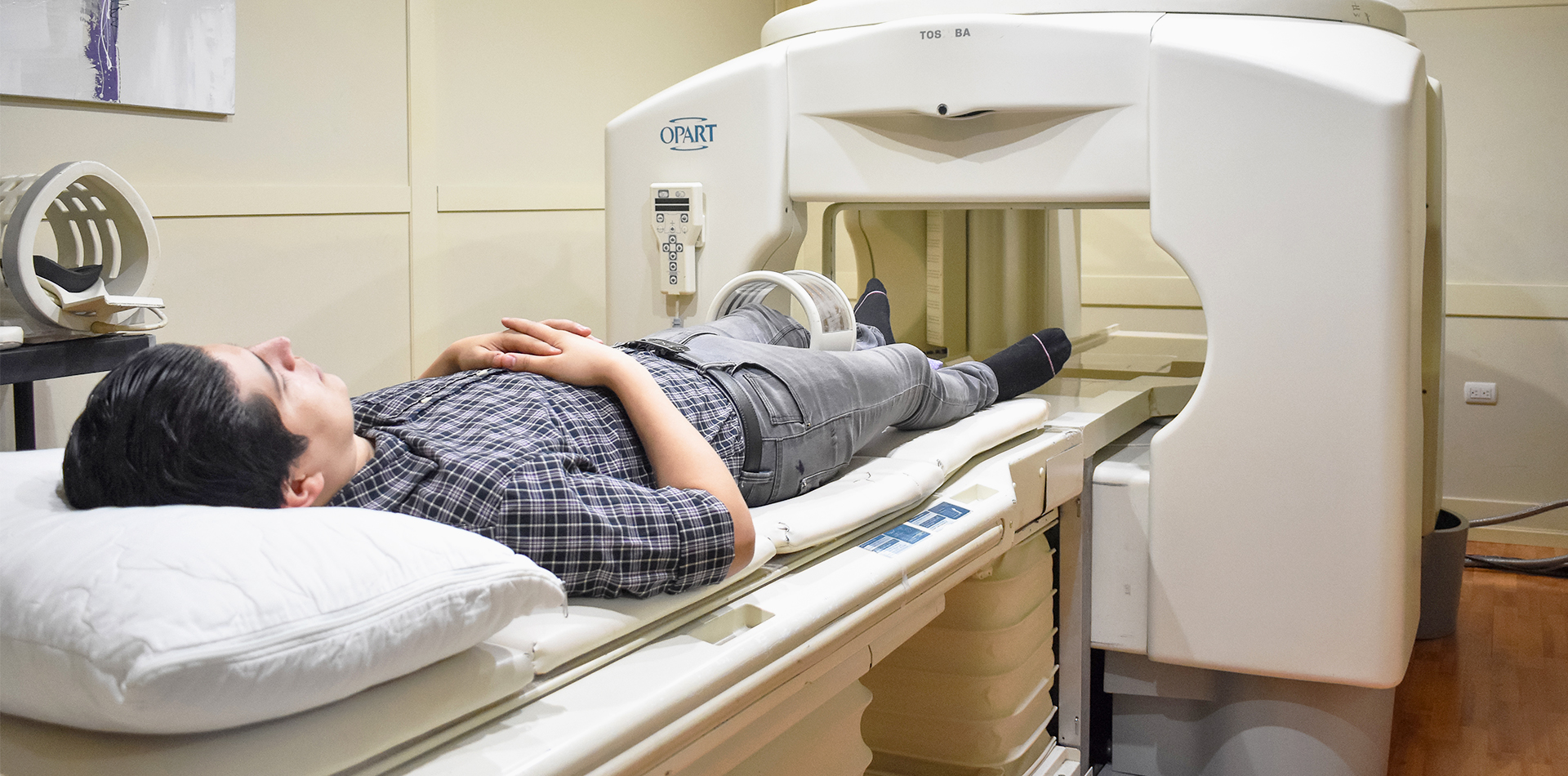Clinical laboratories have played a crucial role in the medical field for decades. These labs provide essential diagnostic services that help in the detection, prevention, and treatment of various diseases. Over time, advancements in technology have significantly improved the accuracy and efficiency of laboratory testing. From simple blood tests to complex genetic screenings, clinical laboratories have expanded their scope, ensuring better healthcare outcomes for patients worldwide.
The early days of laboratory testing involved manual procedures that were often time-consuming and prone to human error. However, modern laboratories now employ automated systems, digital tools, and artificial intelligence to enhance precision and reliability. These innovations have not only reduced turnaround times but have also minimized the risks associated with incorrect diagnoses. As technology continues to advance, clinical laboratories are expected to become even more sophisticated, integrating cutting-edge techniques for more accurate and faster results.
Importance of Clinical Laboratories in Disease Diagnosis
Clinical laboratories are the backbone of disease diagnosis and medical research. Every year, millions of tests are conducted to identify health conditions ranging from infections to chronic diseases like diabetes and cancer. Physicians heavily rely on lab results to determine the most effective treatment plans for their patients. Without accurate lab reports, diagnosing medical conditions would be significantly challenging, leading to potential misdiagnoses and inappropriate treatments.
One of the most significant advantages of modern clinical laboratories is their ability to conduct extensive and detailed tests. These facilities analyze blood, urine, tissue samples, and other biological specimens to detect abnormalities in the body. Through early diagnosis, healthcare professionals can implement timely interventions, reducing the severity of diseases and improving survival rates. The role of clinical laboratories extends beyond individual patient care, as they also contribute to epidemiological studies, helping researchers track disease patterns and develop preventive strategies.
Vidassan Letamendi and the Advancements in Laboratory Testing
With continuous advancements in medical science, laboratories are adopting more sophisticated methods to enhance diagnostic accuracy. Vidassan Letamendi is one such area where experts are focusing on innovative solutions for laboratory testing. These advancements include molecular diagnostics, automation, and artificial intelligence, all aimed at improving efficiency and reducing human error in medical testing.
The rise of digital pathology and electronic health records has also contributed to the seamless integration of laboratory data with clinical decision-making. Laboratories now use advanced imaging techniques to analyze samples in greater detail, enabling more precise diagnoses. Additionally, automation has streamlined various processes, allowing labs to handle a higher volume of tests with increased accuracy. These technological developments are making clinical laboratories more reliable, ultimately leading to better patient care and treatment outcomes.

The Role of Laboratorio Clínico in Healthcare Systems
A laboratorio clínico serves as a cornerstone of the healthcare system, providing essential diagnostic services that support medical professionals in making informed decisions. These labs conduct a wide range of tests, from routine blood analysis to specialized genetic examinations. By analyzing biological samples, laboratory professionals can identify infections, metabolic disorders, and other health conditions that may not be apparent through physical examinations alone.
The accuracy and efficiency of a laboratorio clínico are crucial in ensuring that patients receive the correct treatment. Inaccurate test results can lead to misdiagnoses, delayed treatments, and unnecessary medical procedures. This is why clinical laboratories adhere to strict quality control measures and regulatory standards to maintain accuracy and reliability. With ongoing technological advancements, laboratories continue to enhance their testing capabilities, offering quicker and more detailed insights into various health conditions.
The Future of Clinical Laboratories
As medical science progresses, clinical laboratories are expected to become even more advanced. The integration of artificial intelligence, automation, and machine learning will further improve diagnostic accuracy, reduce human intervention, and enhance patient outcomes. These advancements will not only speed up the diagnostic process but also make laboratory services more accessible to a broader population.
Another emerging trend in laboratory testing is personalized medicine. By analyzing an individual's genetic makeup, laboratories can offer tailored treatment plans that are more effective for specific conditions. This approach is revolutionizing healthcare, allowing doctors to prescribe treatments that work best for each patient rather than relying on a one-size-fits-all method. With continued research and innovation, clinical laboratories will remain at the forefront of medical advancements, shaping the future of healthcare.
Conclusion
The importance of clinical laboratories in healthcare cannot be overstated. These facilities provide critical diagnostic services that help in disease prevention, treatment, and management. With technological advancements, laboratory testing has become more accurate, efficient, and reliable, benefiting both healthcare providers and patients alike. Vidassan continues to support innovation in laboratory science, ensuring that medical testing remains at the highest standards. As the industry evolves, clinical laboratories will continue to play a fundamental role in improving global healthcare and enhancing patient outcomes.